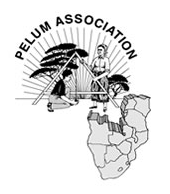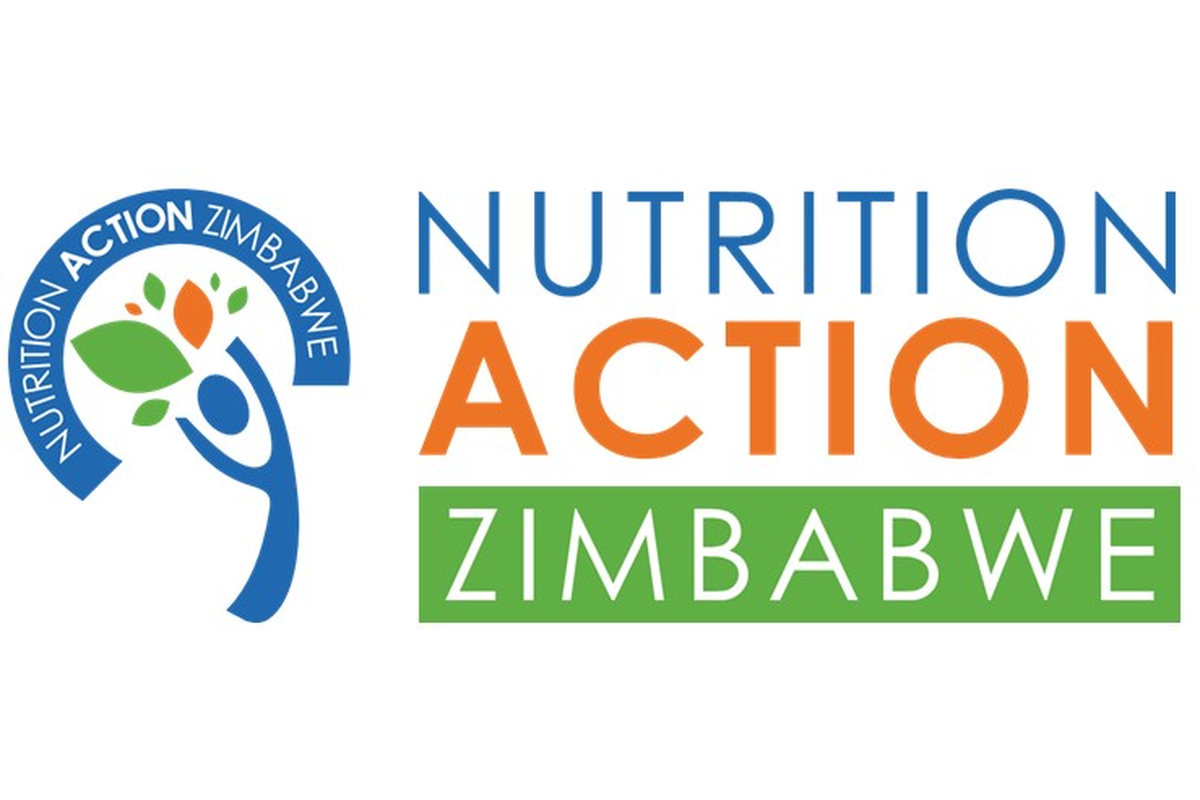Call for Consultancy: Development of an Investment Environmental, Social Governance (ESG) Due Diligence Model Framework
Job Description
Deadline for Applications: 10 November 2025
1. Background and Context
Environmental Social Governance (ESG) is gaining more attention as companies and governments are pushing for sustainable business practices. There is a growing call by government, stakeholders, investors, customers and suppliers, for companies to adopt responsible business practices. Investors see compliance with ESG standards not just as an ethical aspect but also as a demonstration of resilience to potential risks and ability to ensure sustainable financial growth in the long term. ESG frameworks help stakeholders understand how risks and opportunities around sustainability are manages. Until recently, profit was considered a key indicator of business success. Today, investors, regulators, suppliers, and customers are increasingly paying closer attention to sustainability disclosures and reporting on operations.
ESG, is an important sustainable business development model, that is based on responsible attitude towards the environment, high social responsibility, and good governance. Several companies operating in the mining sector in Zimbabwe have embarked on their sustainability journey to measure and report on the most significant impacts of their operations and business relationships on the economy, environment, and people, including impacts on human rights. It is equally important to cascade the adoption of ESG to small scale firms in the mining sector. The call for ESG compliance is increasing in Zimbabwe from both regulatory and voluntary perspectives. From a regulatory’ perspective, compliance with ESG standards has become a legal requirement in Zimbabwe under Statutory Instrument (SI) 134 of 2019, issued by the Securities and Exchange Commission (SEC), which mandates all publicly listed companies on the Zimbabwe Stock Exchange (ZSE) and the Victoria Falls Stock Exchange (VFEX) to report on sustainability matters and initiatives. In 2023, the Zimbabwe Stock Exchange (ZSE) introduced core ESG disclosure metrics, which came into effect on 1 January 2024, to further enhance compliance and standardization of ESG standards that must be used by listed companies. On the other side, the Public Accountants and Auditors Board (PAAB) is making inroads to enforce implementation of International Financial Reporting Standards (IFRS) Sustainability Disclosure Standards which will require listed companies to submit sustainability reports.
In line with the Government’s commitment to promoting responsible and sustainable investments through the responsible mining audit, several institutions within government, are finetuning their ESG policies, including key aspects such as undertaking due diligence across their different supply chains and assessing the players involved. There is need to support institutions in Zimbabwe to develop contextually adapted investment specific ESG due diligence frameworks, with the aim of ensuring that all investment approvals and facilitation processes uphold principles of environmental protection, social inclusion, ethical governance, and responsible business conduct. The Investment ESG Due Diligence Model Framework Development project, will support research and the design of a comprehensive model framework that can be used to strengthen investor due diligence processes. The framework will serve as an advocacy and policy influencing tool, guiding the integration of ESG due diligence and responsible sourcing principles into Zimbabwe’s investment laws and regulations in line with regional and international good practices. Zimbabwe’s extractive sector contributes significantly to GDP and export earnings but continues to face challenges such as environmental degradation, community displacement, and environmental, economic, social, and cultural (EESC) rights violations. Weak enforcement of ESG standards and limited community participation have exacerbated these challenges. Through this consultancy, a comprehensive Investment ESG Due Diligence Model Framework will be developed, to guide investor assessment and approval processes.
Duties and Responsibilities
2. Objectives of the Consultancy
The overall objective of this consultancy is to undertake research, produce a policy brief knowledge product and design a model ESG due diligence framework for promoting responsible investment, transparency, and accountability in Zimbabwe’s investment landscape.
Specific objectives:
1. To conduct research and analysis on existing investment ESG due diligence frameworks in Zimbabwe.
2. To identify gaps in Zimbabwe’s current investment due diligence processes and regulatory framework.
3. To develop a Model ESG Due Diligence Framework tailored for Zimbabwe.
4. To propose policy and regulatory recommendations for embedding ESG due diligence and responsible sourcing in national investment legislation.
3. Scope of Work
1. Undertake a comprehensive analysis of Zimbabwe’s current due diligence mechanisms, benchmarking against regional and international standards (SADC, UNGPs, OECD, EU CSDDD, IRMA, GRI).
2. Identification of institutional, legal, and operational gaps in the country’s current investment ESG due diligence system, including recommendations for reform.
3. Develop a robust, legally sound and model framework to guide ESG integration in investor assessment, approval, and monitoring processes
4. Produce a concise policy brief outlining how ESG due diligence can be mainstreamed into Zimbabwe’s investment laws and regulations
5. Facilitate a stakeholder validation workshop and integrate feedback into final deliverables.
Deliverables
1. Inception Report & Work Plan
2. ESG Due Diligence Research Report
3. Investment ESG Due Diligence Model Framework
4. A Policy Brief on key recommendations for reforms
Qualifications and Experience
Required qualifications:
• A master’s degree in law, Environmental Policy, Development Studies, Economics, Sustainability, or related field.
• At least 5 years of experience in ESG, sustainability, or responsible investment frameworks in Africa.
• Proven experience in developing ESG due diligence frameworks, sustainability reporting tools, or community monitoring frameworks.
• Strong understanding of international ESG standards and due diligence instruments (UNGPs, OECD, IRMA, EU CSDDD, GRI).
• Demonstrated knowledge of Zimbabwe’s investment laws, environmental management framework, and extractive sector dynamics.
• Excellent research, policy analysis, and writing skills.
• Proven experience facilitating stakeholder consultations and policy validation processes.
How to Apply
8. Application Procedure
Interested consultants or firms should submit:
1. Technical proposal (max. 10 pages) including understanding of the assignment, methodology, approach, work plan, and timeline.
2. Financial proposal in USD
3. CVs of key expert(s) detailing relevant qualifications and experience.
4. Two samples of similar assignments previously completed.
5. References from at least two previous clients.
Interested consultancy teams must submit by 7 November 2025 to: [[email protected]] (Subject: Application – Investments ESG Due Diligence Model Framework)
Similar Listings

Development of a Training Manual to Mainstream Gender Inclusion, Transparency, and Accountability
Unknown — Unknown

CALL FOR CONSULTANCY SERVICES Fundraising Capacity Building & Organisational Sustainability Consultant.
PELUM (Participatory Ecological Land Use Management Association) — Harare

Development of alternative clauses of the Climate Change Management Bill
Unknown — Unknown

TERMS OF REFERENCE CONSULTANCY FOR THE DEVELOPMENT OF THE NUTRITION ACTION ZIMBABWE (NAZ) STRATEGIC PLAN (2026–2030)
Nutrition Action Zimbabwe ~~ 0 — Harare

Location: Harare
Company: Local NGO
Expiry Date: 2025-11-10 00:00:00
